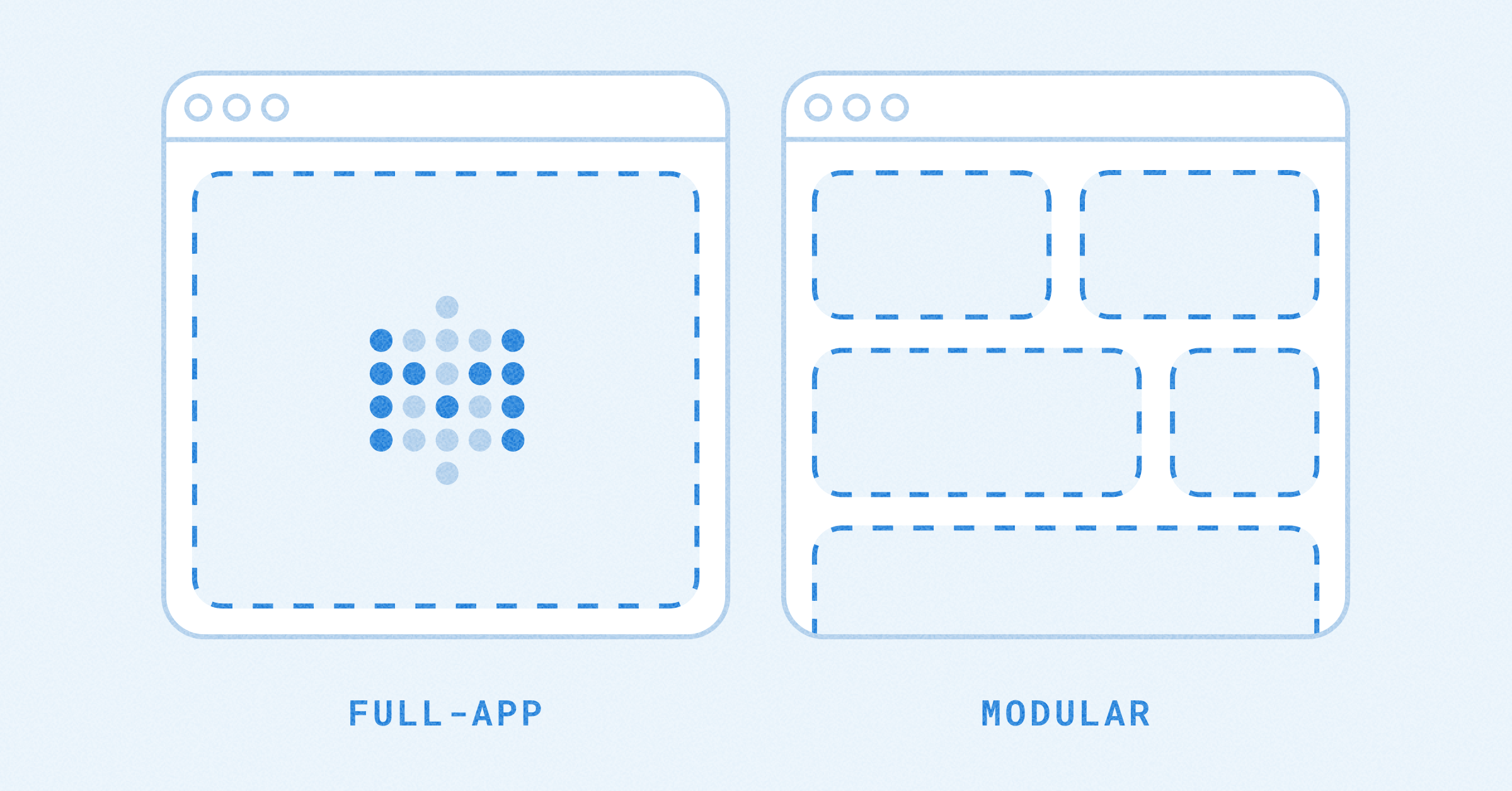These are the docs for the Metabase master branch. Some features documented here may not yet be available in the current release. Check out the docs for the current stable version, Metabase v0.58.
DatetimeAdd
datetimeAdd takes a datetime value and adds some unit of time to it. This function is useful when you’re working with time series data that’s marked by a “start” and an “end”, such as sessions or subscriptions data.
| Syntax | Example |
|---|---|
datetimeAdd(column, amount, unit) |
datetimeAdd("2021-03-25", 1, "month") |
| Takes a timestamp or date value and adds the specified number of time units to it. | 2021-04-25 |
Parameters
column can be any of:
- The name of a timestamp column,
- a custom expression that returns a datetime, or
- a string in the format
"YYYY-MM-DD"or"YYYY-MM-DDTHH:MM:SS"(as shown in the example above).
unit can be any of:
- “year”
- “quarter”
- “month”
- “day”
- “hour”
- “minute”
- “second”
- “millisecond”
amount:
- An integer. You cannot use fractional values. For example, you cannot add “half a year” (0.5).
- May be a negative number:
datetimeAdd("2021-03-25", -1, "month")will return2021-04-25.
Calculating an end date
Let’s say you’re a coffee connoisseur, and you want to keep track of the freshness of your beans:
| Coffee | Opened On | Finish By |
|---|---|---|
| DAK Honey Dude | October 31, 2022 | November 14, 2022 |
| NO6 Full City Espresso | November 7, 2022 | November 21, 2022 |
| Ghost Roaster Giakanja | November 27, 2022 | December 11, 2022 |
Here, Finish By is a custom column with the expression:
datetimeAdd([Opened On], 14, 'day')
Checking if the current datetime is within an interval
Let’s say you want to check if today’s date falls between a start date and an end date. Assume “today” is December 1, 2022.
| Coffee | Opened On | Finish By | Still Fresh Today |
|---|---|---|---|
| DAK Honey Dude | October 31, 2022 | November 14, 2022 | No |
| NO6 Full City Espresso | November 7, 2022 | November 21, 2022 | No |
| Ghost Roaster Giakanja | November 27, 2022 | December 11, 2022 | Yes |
Finish By is a custom column with the expression:
datetimeAdd([Opened On], 14, 'day')
Still Fresh Today uses case to check if the current date (now) is between the dates in Opened On and Finish By:
case(between(now, [Opened On], [Finish By]), "Yes", "No")
Accepted data types
| Data type | Works with datetimeAdd |
|---|---|
| String | ❌ |
| Number | ❌ |
| Timestamp | ✅ |
| Boolean | ❌ |
| JSON | ❌ |
We use “timestamp” and “datetime” to talk about any temporal data type that’s supported by Metabase. For more info about these data types in Metabase, see Timezones.
If your timestamps are stored as strings or numbers in your database, an admin can cast them to timestamps from the Table Metadata page.
Limitations
If you’re using MongoDB, datetimeAdd will only work on versions 5 and up.
Related functions
This section covers functions and formulas that work the same way as the Metabase datetimeAdd expression, with notes on how to choose the best option for your use case.
Other tools
datetimeSubtract
datetimeSubtract and datetimeAdd are interchangeable, since you can use a negative number for amount. It’s generally a good idea to avoid double negatives (such as subtracting a negative number).
datetimeSubtract([Opened On], -14, "day")
does the same thing as
datetimeAdd([Opened On], 14, "day")
SQL
When you run a question using the query builder, Metabase will convert your graphical query settings (filters, summaries, etc.) into a query, and run that query against your database to get your results.
If our coffee sample data is stored in a PostgreSQL database:
SELECT opened_on + INTERVAL '14 days' AS finish_by
FROM coffee
is equivalent to the Metabase datetimeAdd expression:
datetimeAdd([Opened On], 14, "day")
Spreadsheets
If our coffee sample data is in a spreadsheet where “Opened On” is in column A with a date format, the spreadsheet function
A:A + 14
produces the same result as
datetimeAdd([Opened On], 14, "day")
Most spreadsheet tools require use different functions for different time units (for example, you’d use a different function to add “months” to a date). datetimeAdd makes it easy for you to convert all of those functions to a single consistent syntax.
Python
Assuming the coffee sample data is in a pandas dataframe column called df, you can import the datetime module and use the timedelta function:
df['Finish By'] = df['Opened On'] + datetime.timedelta(days=14)
is equivalent to
datetimeAdd([Opened On], 14, "day")
Further reading
Read docs for other versions of Metabase.


